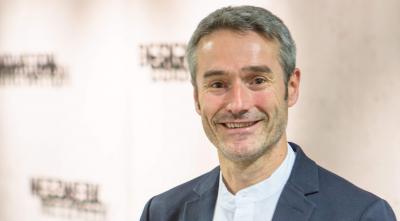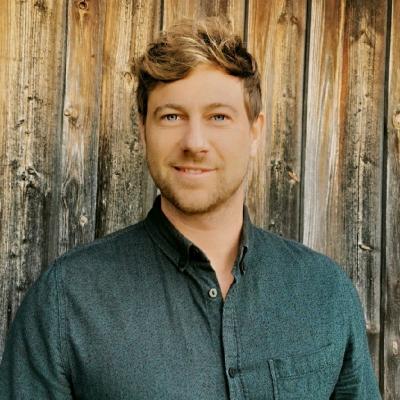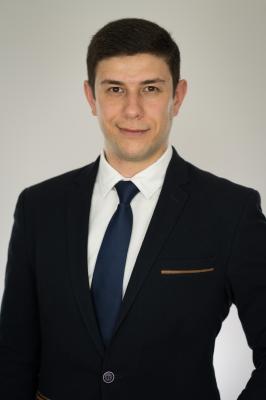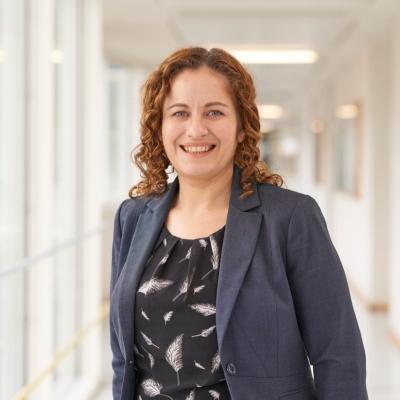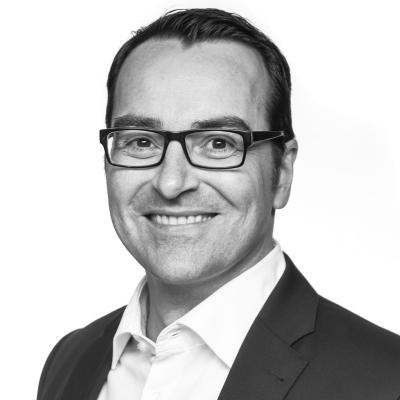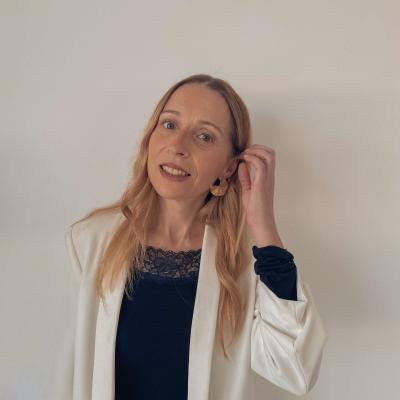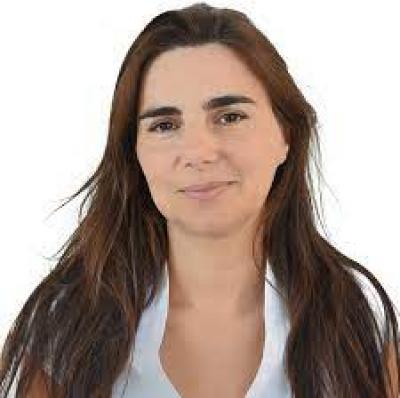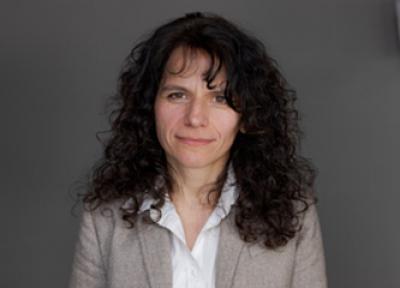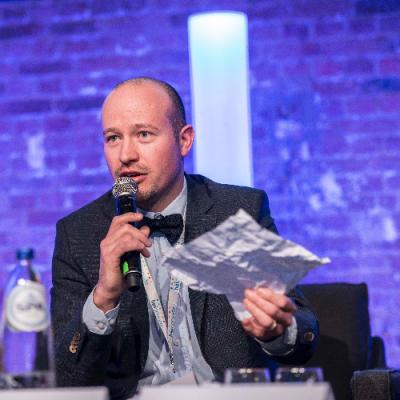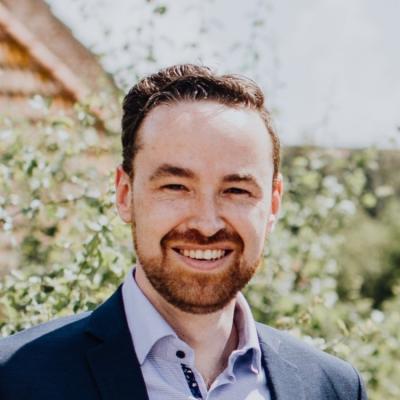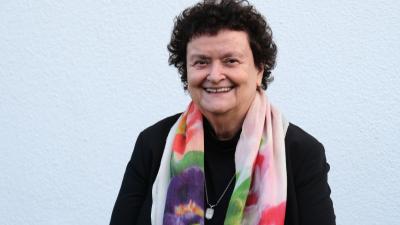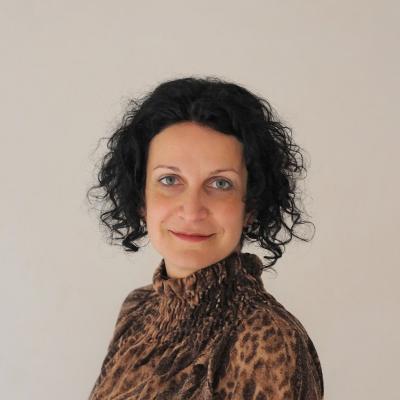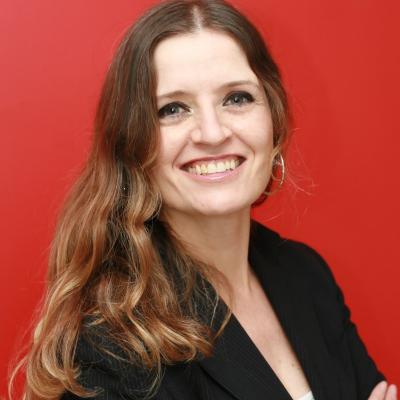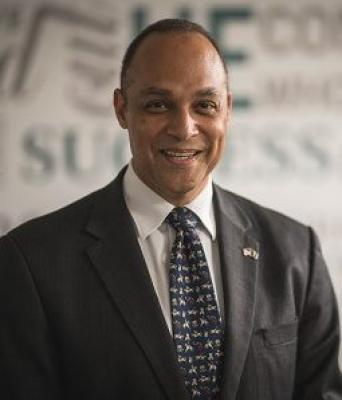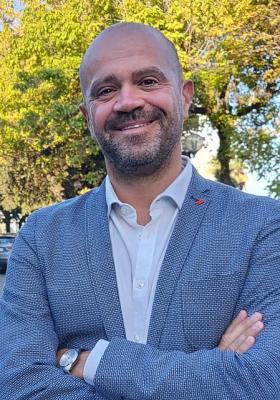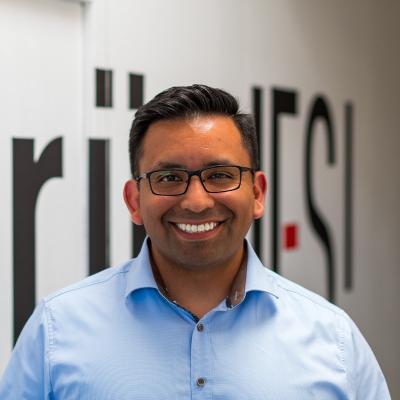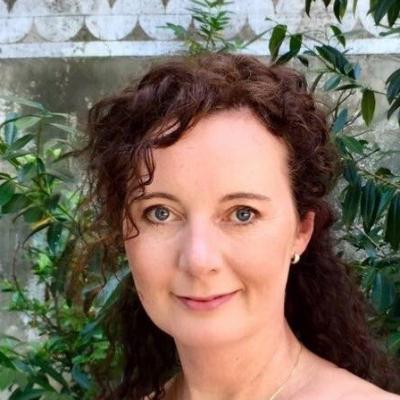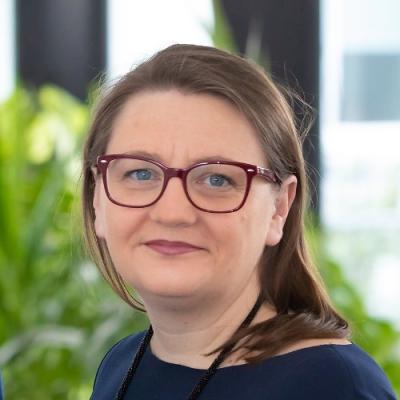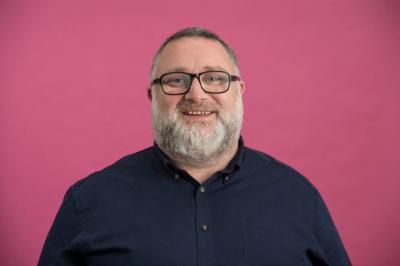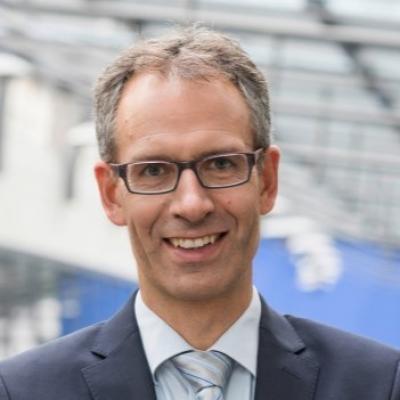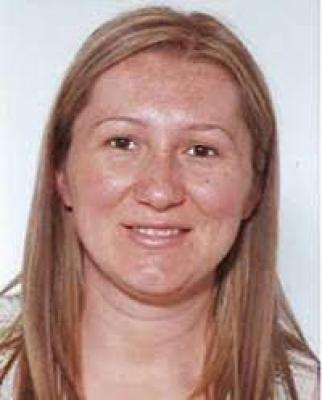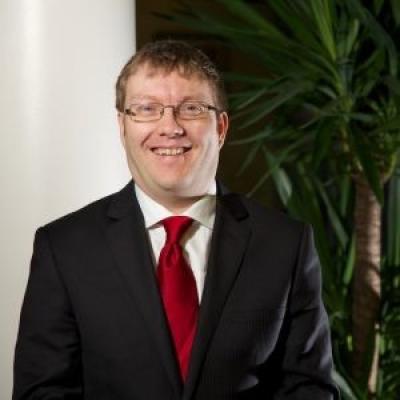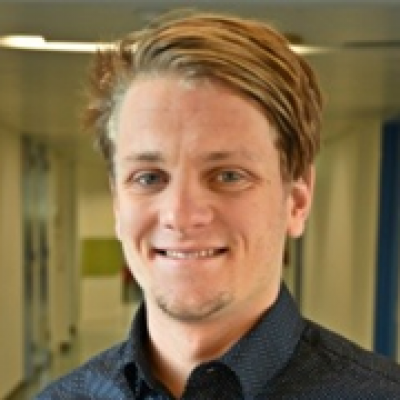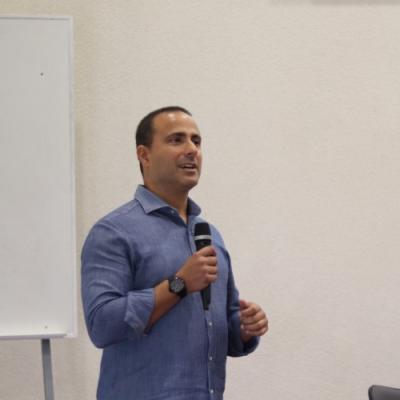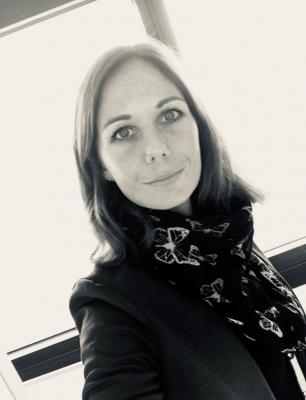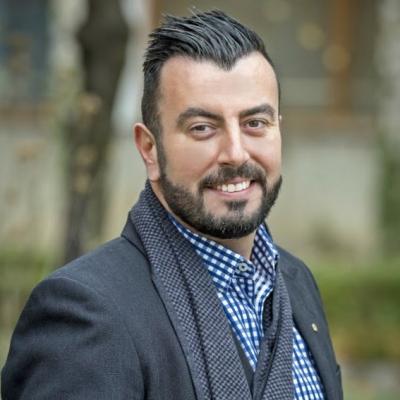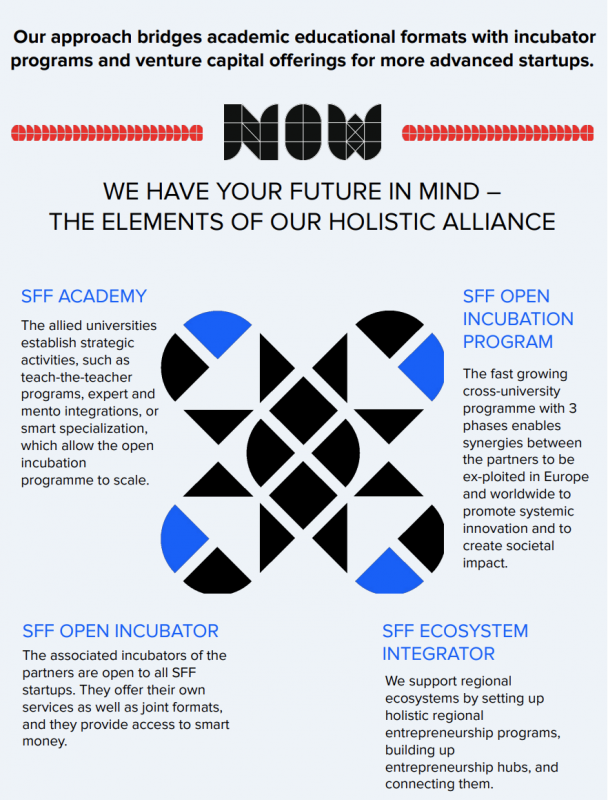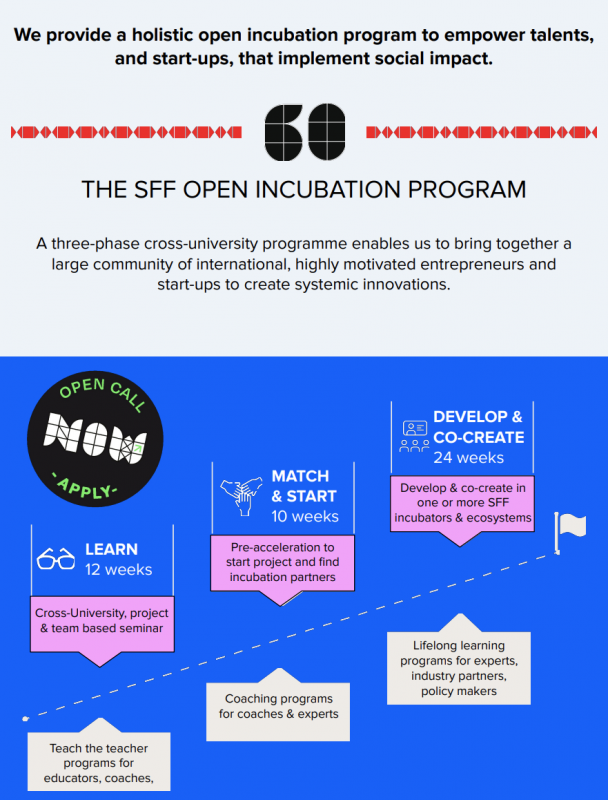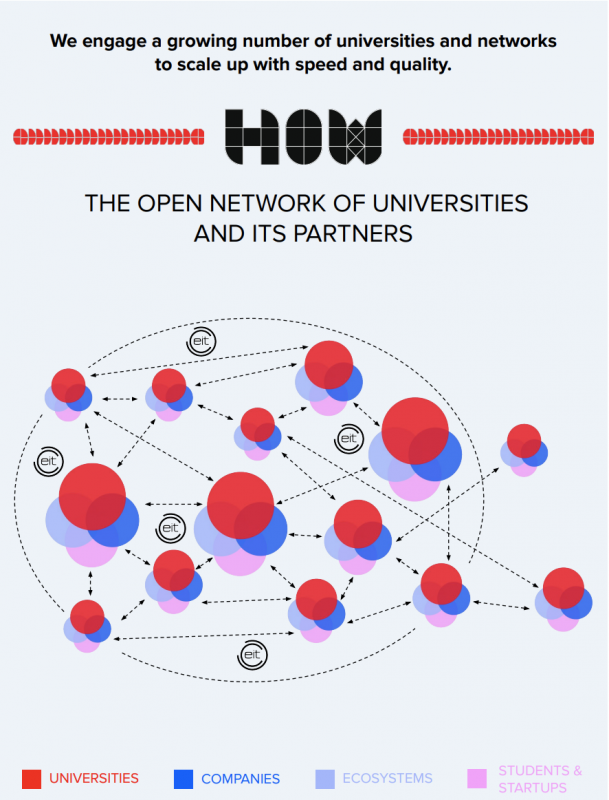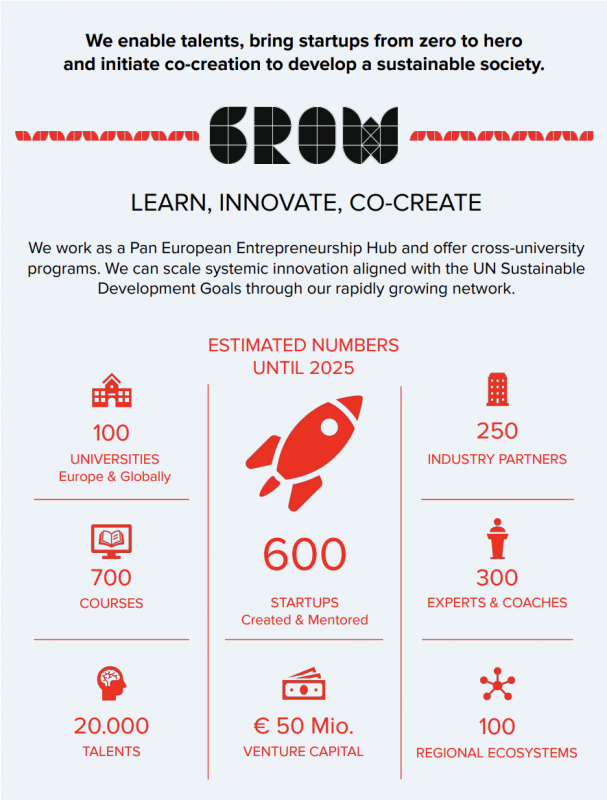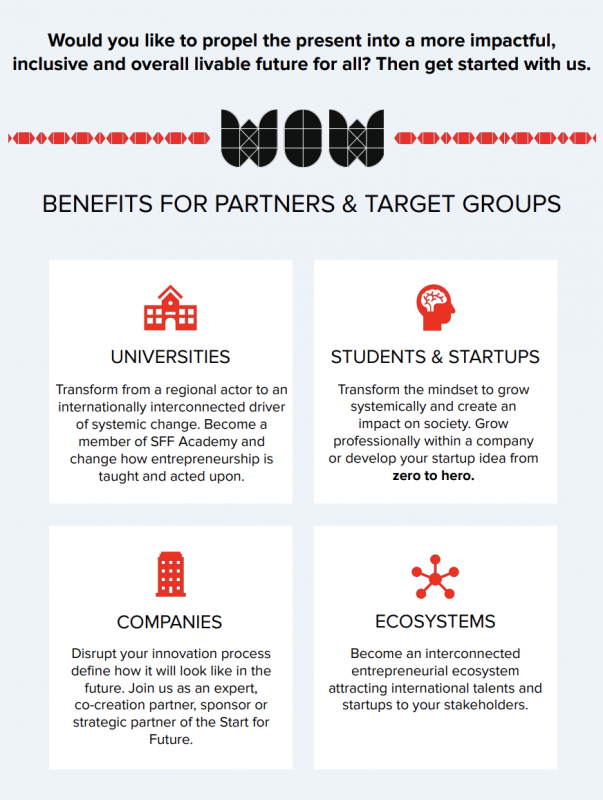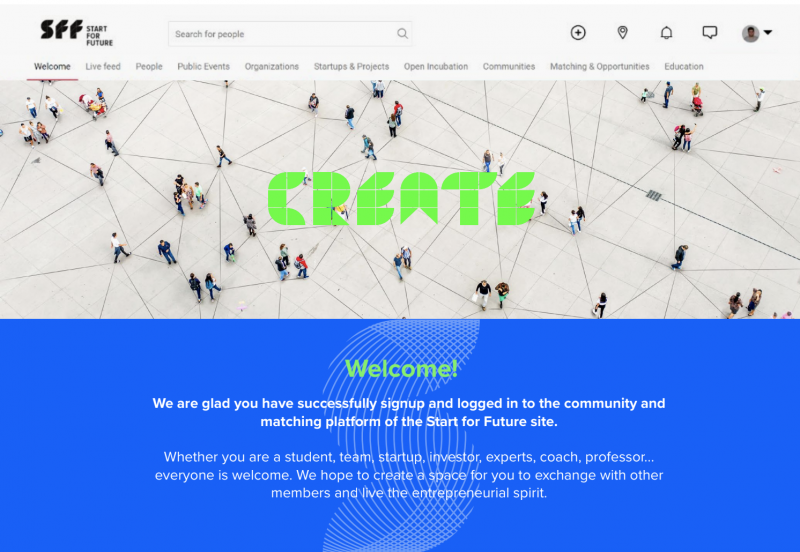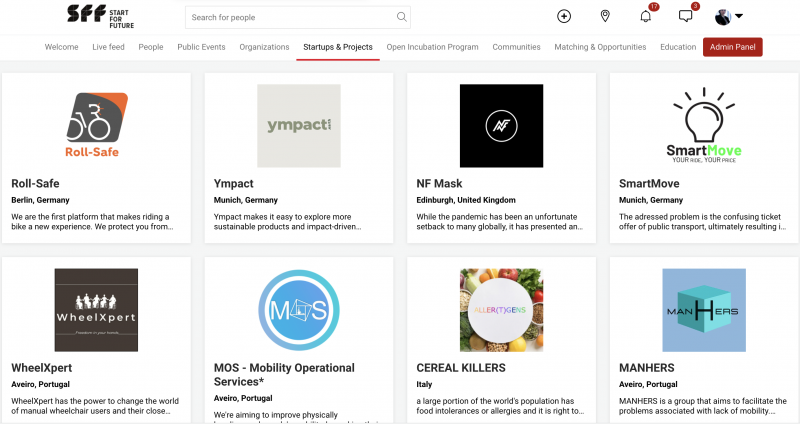Start for Future (SFF) is an open and fast-growing international initiative of entrepreneurial HEIs and their ecosystem partners that fosters systemic innovation and drives the New Deal of Innovation in Europe. Since 2020, SFF brought under its umbrella five existing international projects under a joint vision – creating a leading open entrepreneurial initiative in Europe. Towards the end of 2021, the synergetic approach was finalized, transforming the activities into four main pillars of SFF: SFF Academy, SFF Open Incubation Program (LEARN, MATCH&START, DEVELOP & CO-CREATE), SFF Open Incubator, SFF Ecosystem Integrator. Until now, the initiative enabled 22 HEIs and their incubators and regional ecosystem partners to actively participate in the program increasing their internal innovation capacities and developing new co-creation projects internationally. The program's uniqueness is its open and easy-to-implement character that fosters HEIs capacities in entrepreneurship through doing. Since 2022, the initiative has developed its platform, new branding, and a joint business model with a legal framework that ensures its continuity and growth beyond the project end. Finally, the initiative has raised visibility across the EIT HEI initiative and onboarded two EIT KICs (Mobility and Manufacturing) with an ambition to include all remaining KICs and challenge areas by 2025. The testimony to its impact can be seen in the number of students, academic and non-academic staff trained, the number of regional hubs created, and the number of start-ups that have, due to SFF, been developed and introduced their innovation to the market.



